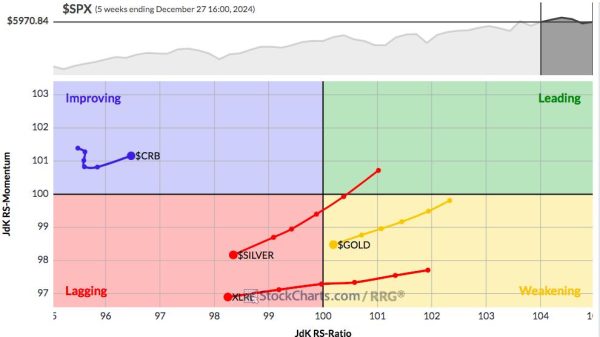Thomas A. Berry and Brent Skorup
Law enforcement officials around the country increasingly pressure criminal suspects, after arrest, to submit to continuous real‐time location tracking. This invasive pretrial release monitoring practice is typically accomplished by attaching a GPS device to a suspect’s ankle. Prosecutors have defended location tracking as a beneficial alternative to keeping high‐risk suspects in jail in the weeks and months between arrest and trial.
The City and County of San Francisco is one jurisdiction that uses such electronic monitoring. However, the county does not limit the use of its location tracking data solely to its own jurisdiction. Among the conditions the county sheriff enforces, suspects who accept electronic monitoring must also allow the sheriff to capture and share their location information with other law enforcement agencies across the country.
Three men who were charged with criminal offenses and subjected to San Francisco’s electronic monitoring for months objected to these surveillance and data‐sharing conditions. They sued, alleging violations of their Fourth Amendment rights. And in February 2024, a federal court granted their request for a preliminary injunction and prevented the sheriff from sharing the GPS tracking information of any suspect in the pretrial monitoring program.
The government appealed to the Ninth Circuit in Simon v. San Francisco, asking it to reverse the lower court’s decision and reinstate the GPS monitoring program and conditions. Now Cato has filed an amicus brief, joining the Electronic Frontier Foundation and law professor Kate Weisburd to urge the Ninth Circuit to affirm the lower court’s decision.
The Fourth Amendment protects Americans’ right to be free from unreasonable searches. As our brief explains, people on pretrial release have not been convicted of a crime and do not relinquish their reasonable expectation of privacy in their location and movements. Location data reveal sensitive and private information about people, such as their movement within their own home or their visits to a doctor’s office, union hall, or house of worship. Therefore, the use and sharing of that location data must be strictly limited.
Our brief shows that there are two major Fourth Amendment problems with the sheriff’s electronic monitoring program. First, the sheriff shares comprehensive geolocation data with other agencies in a way that violates the program participants’ reasonable expectation of privacy. Second, the sheriff performs and shares the results of reverse location searches that reveal which program participants were in a particular location during a designated period. These reverse location searches are constitutionally deficient because they are not sufficiently particularized and are akin to the general warrants that the Fourth Amendment was intended to prohibit.
Our brief highlights these constitutional problems with San Francisco’s pretrial release monitoring program and urges the Ninth Circuit to affirm the district court’s decision granting the plaintiffs’ preliminary injunction.
























